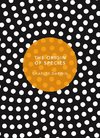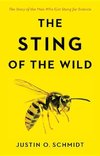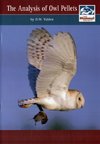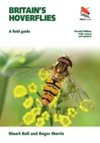
-
 Anglický jazyk
Anglický jazyk
Effects of Selected Xenobiotics on Amphibians
Autor: Muhammad Zaheer Khan
Amphibians and reptiles are important elements of our natural biological heritage and known to be vulnerable to pesticides that are cholinesterase inhibitors. Several studies have reported that some pesticides reduce cholinesterase (ChE) activity in the... Viac o knihe
Na objednávku, dodanie 2-4 týždne
45.36 €
bežná cena: 50.40 €
O knihe
Amphibians and reptiles are important elements of our natural biological heritage and known to be vulnerable to pesticides that are cholinesterase inhibitors. Several studies have reported that some pesticides reduce cholinesterase (ChE) activity in the frogs. Since the 1970s, significant decline in amphibian populations have been observed throughout the world including Pakistan, due to environmental pollution and some other factors. The amphibians and reptiles are considered to be good indicators of general environmental health. In Pakistan 29 species of amphibians have been recorded, including frog and toad. In this study, Rana cyanophlyctis was exposed to three selected xenobiotics; cypermethrin, endosulfan and oxytetracyclin in the laboratory experiments. Two different concentrations were used, and cholinesterase activity was observed in brain, liver and kidney of R. cyanophlyctis. On the basis of present findings it is concluded that xenobiotics chemicals cypermethrin, endosulfan and oxyterracyclin are harmful for amphibians. The research techniques and information are helpful for graduate and research students of Biological Sciences, Environment and wildlife managers.
- Vydavateľstvo: LAP LAMBERT Academic Publishing
- Rok vydania: 2011
- Formát: Paperback
- Rozmer: 220 x 150 mm
- Jazyk: Anglický jazyk
- ISBN: 9783847325512












